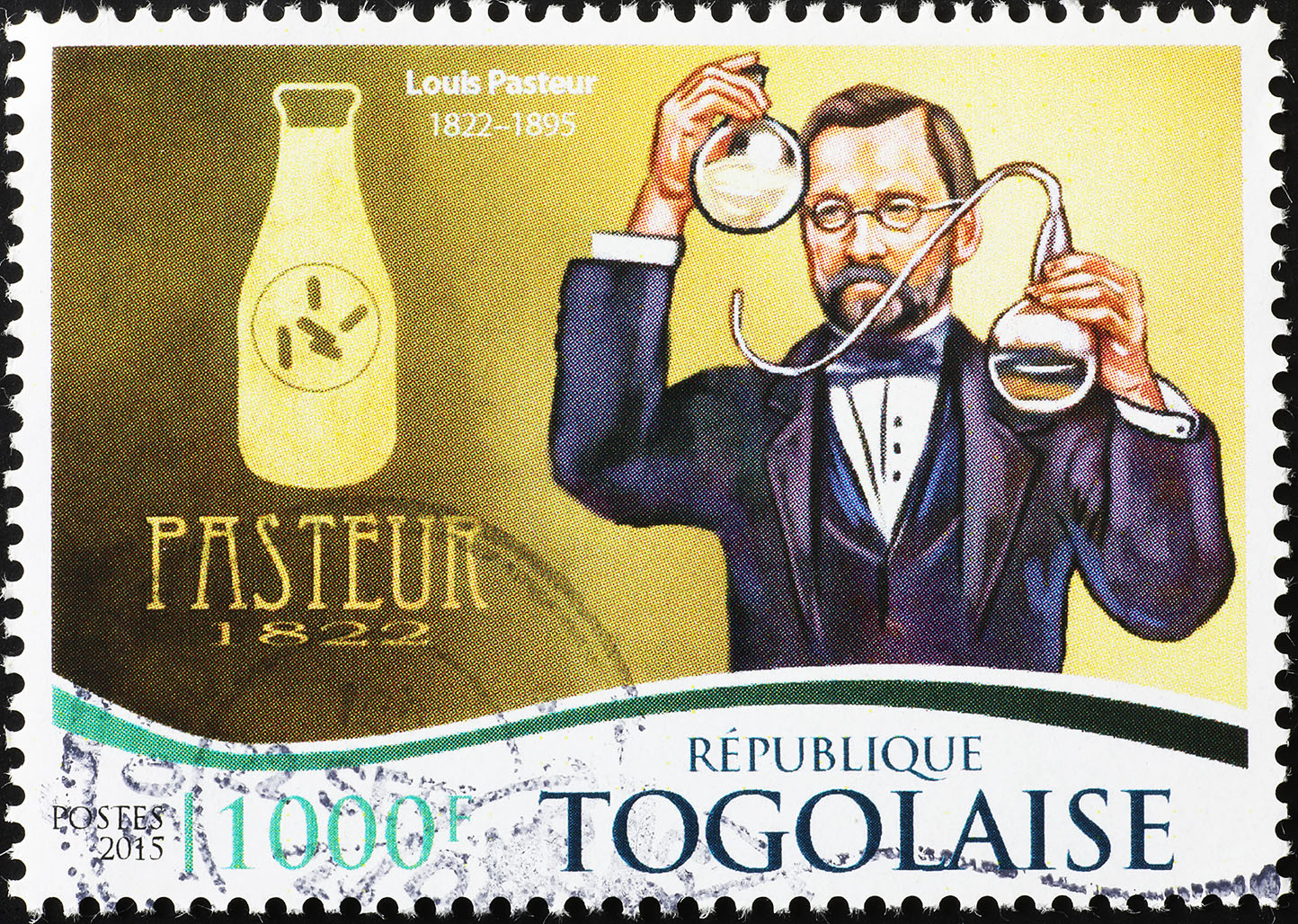

Louis Pasteur was a French chemist and microbiologist who is considered to be one of the most important scientists of the 19th century. His work on germs and vaccines revolutionized the way we think about disease and helped to save millions of lives.
Pasteur's most famous discovery was that germs cause disease. He conducted a series of experiments that showed that germs could be found in food, water, and air. He also showed that germs could be killed by heat, which led to the development of the process of pasteurization.
Pasteur also developed vaccines to prevent diseases like rabies and anthrax. He used a process called attenuation to weaken germs so that they could not cause disease, but they could still stimulate the body's immune system to produce antibodies.
Pasteur's work had a profound impact on the world. His discoveries led to the development of modern medicine and public health. He is considered to be one of the founders of modern microbiology and immunology.
The Louis Pasteur Institute is a research institute in Paris that is dedicated to the study of infectious diseases.

The word "Louis Pasteur" is a proper noun, which means it refers to a specific person. As such, there are no different forms of the word.
However, there are some ways to abbreviate the name "Louis Pasteur". For example, you could use the initials "L. Pasteur" or the nickname "Pasteur".
The name "Louis Pasteur" is a French name, made up of the words "Louis" and "Pasteur".
Louis: A common French given name, derived from the Latin name "Ludovicus", which means "famous warrior".
Pasteur: A French occupational surname, derived from the word "pasteur", which means "shepherd".
What is Louis Pasteur famous for?
Question:
Discuss the significant contributions of Louis Pasteur to the field of microbiology and his pioneering work in the understanding of germ theory.
Answer:
Louis Pasteur, a renowned French microbiologist, made groundbreaking contributions to the field of science, particularly in microbiology and the establishment of the germ theory of disease.
Pasteur's most significant achievement was his demonstration of the germ theory, which revolutionised our understanding of infectious diseases. He conducted experiments that conclusively showed that microorganisms, such as bacteria, were the cause of various diseases. This laid the foundation for modern medical practices, emphasising sanitation, sterilisation, and the prevention of infections.
Moreover, Pasteur's work played a pivotal role in developing the process of pasteurisation. By heating liquids to kill harmful microorganisms without altering their properties, Pasteurisation has become a crucial method in preserving food and ensuring its safety.
His dedication to solving practical problems extended to his development of vaccines. Pasteur created the first vaccines for anthrax and rabies, demonstrating the principle of immunisation. His discoveries in this area have saved countless lives and formed the basis for modern vaccine development.
In conclusion, Louis Pasteur's contributions to microbiology, germ theory, and medical practices have left an indelible mark on science and healthcare. His work has not only improved our understanding of microorganisms and disease but also paved the way for groundbreaking advancements in medicine.
Address
Developing Experts Limited
Exchange Street Buildings
35-37 Exchange Street
Norwich
NR2 1DP
UK
Phone
01603 273515
Email
hello@developingexperts.com
Copyright 2025 Developing Experts, All rights reserved.